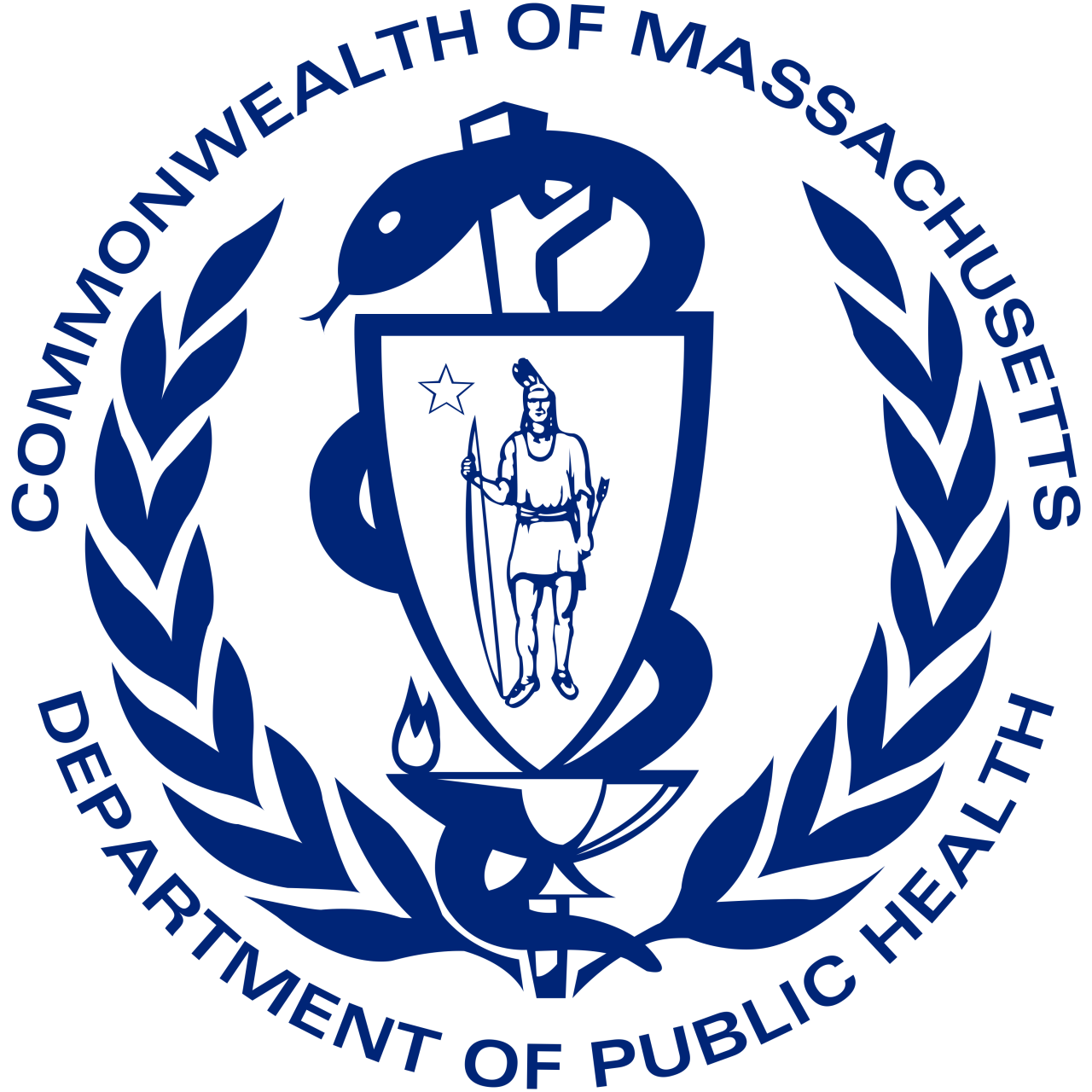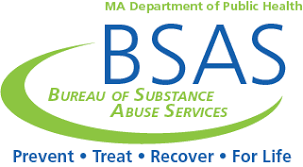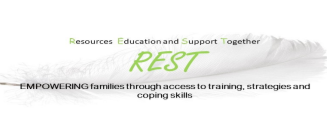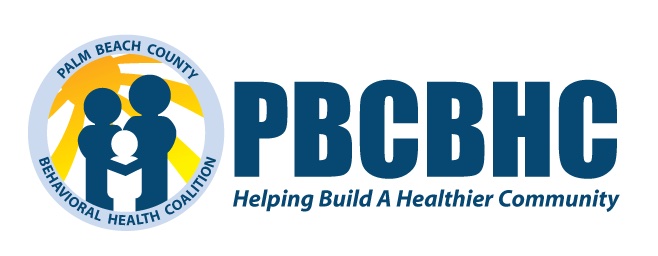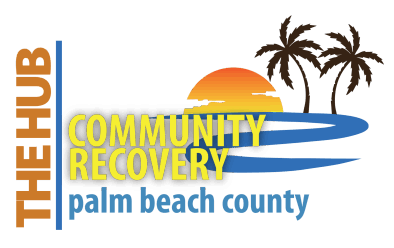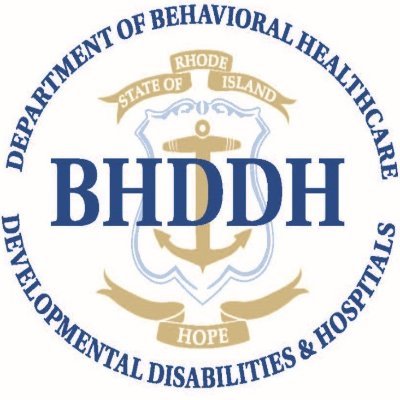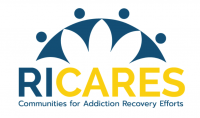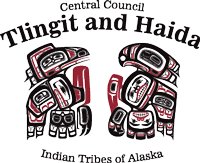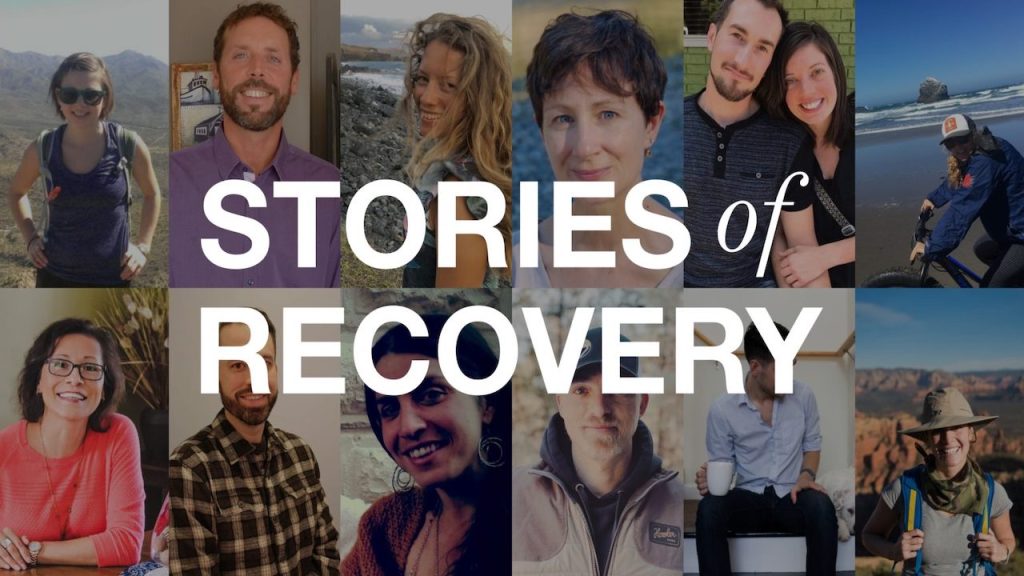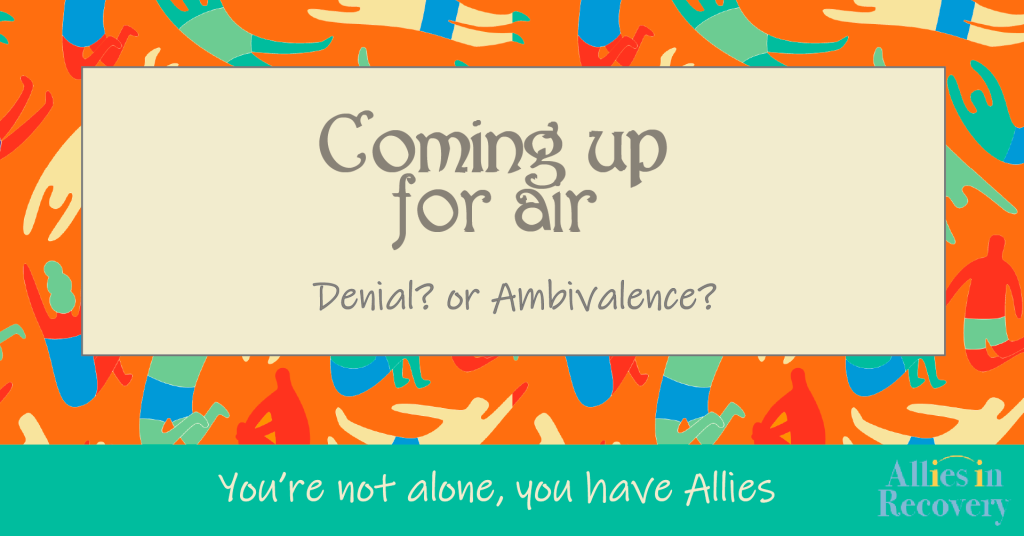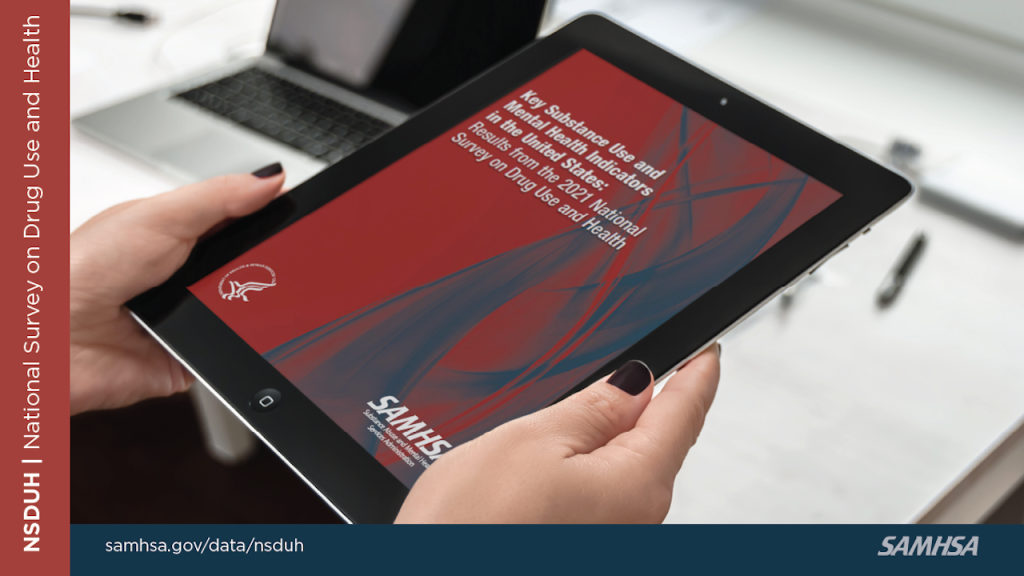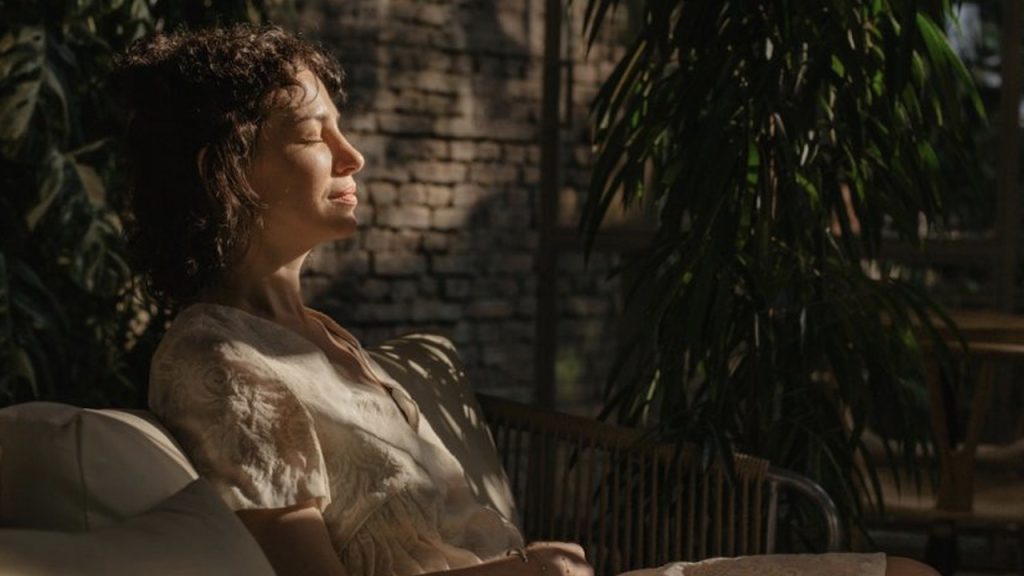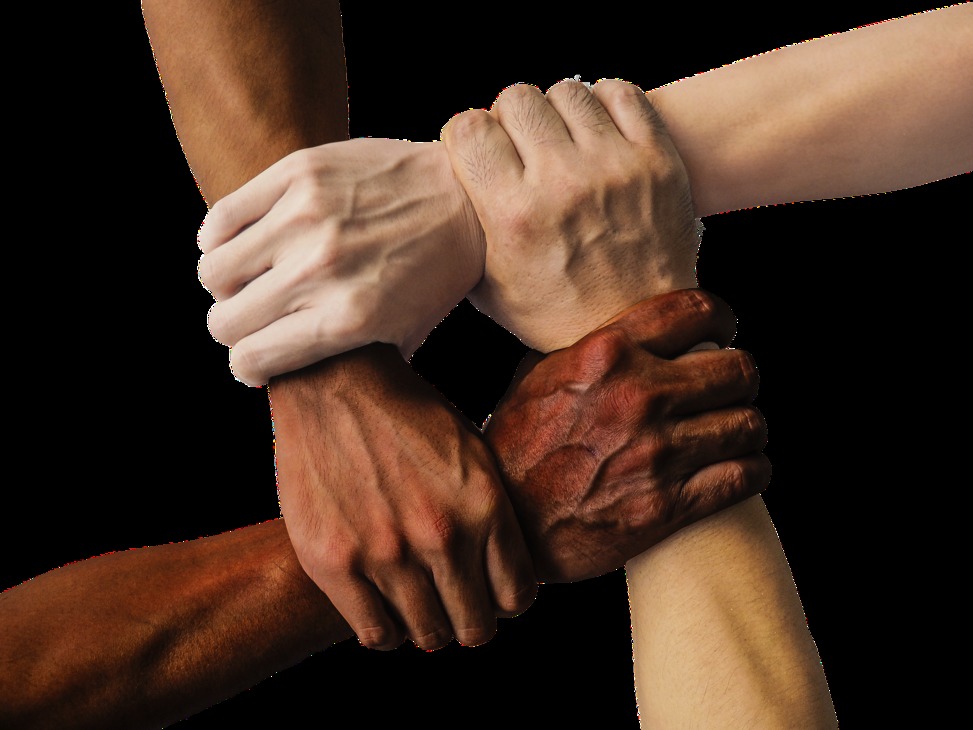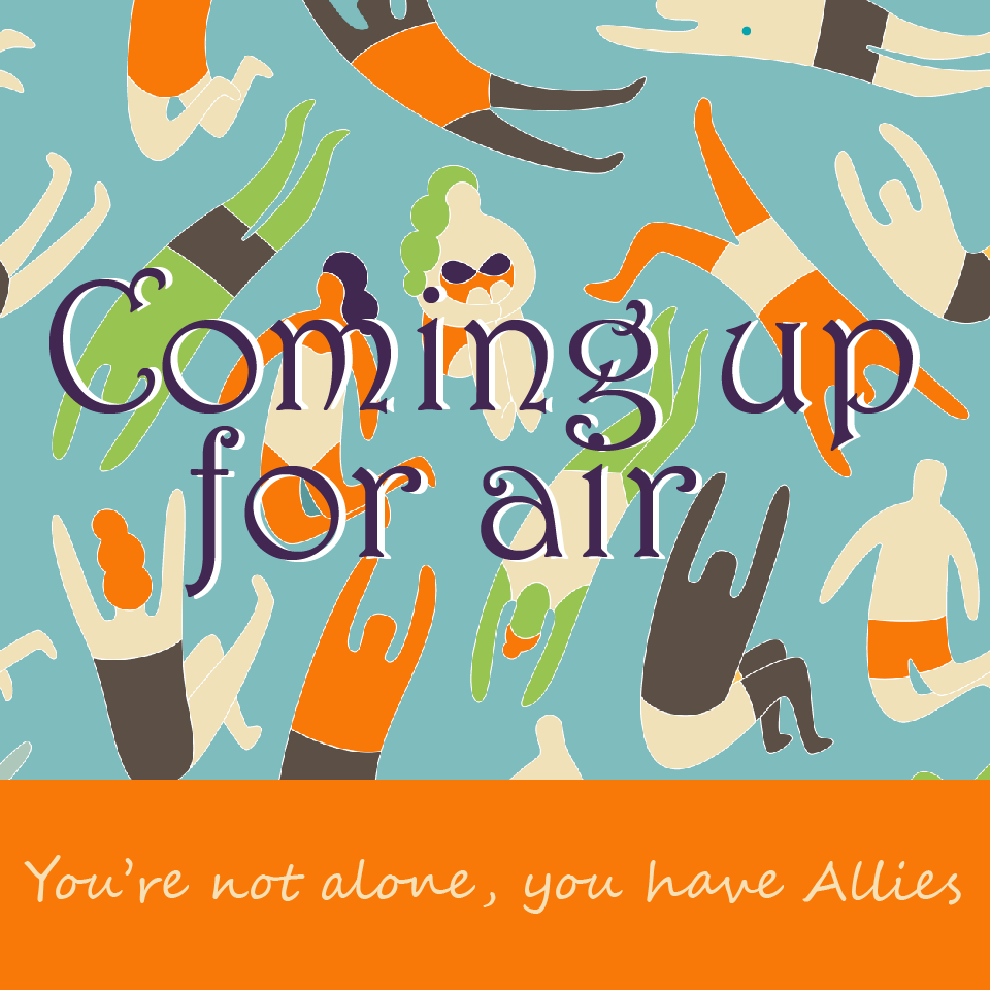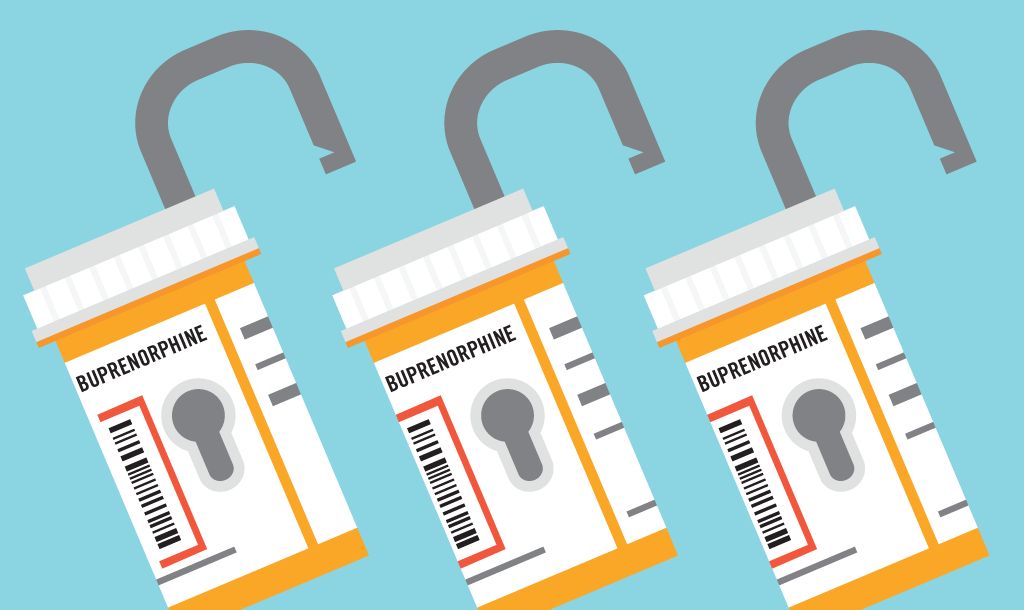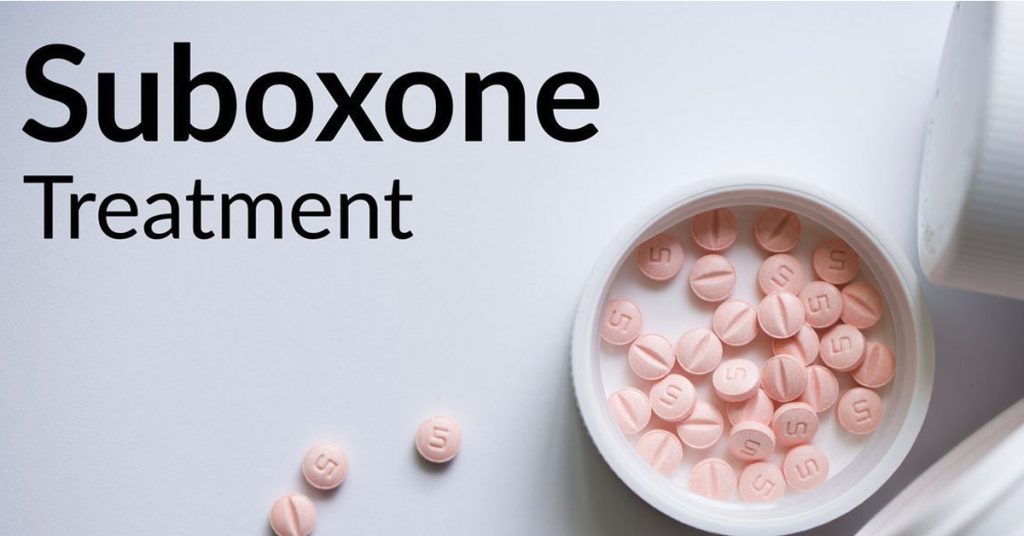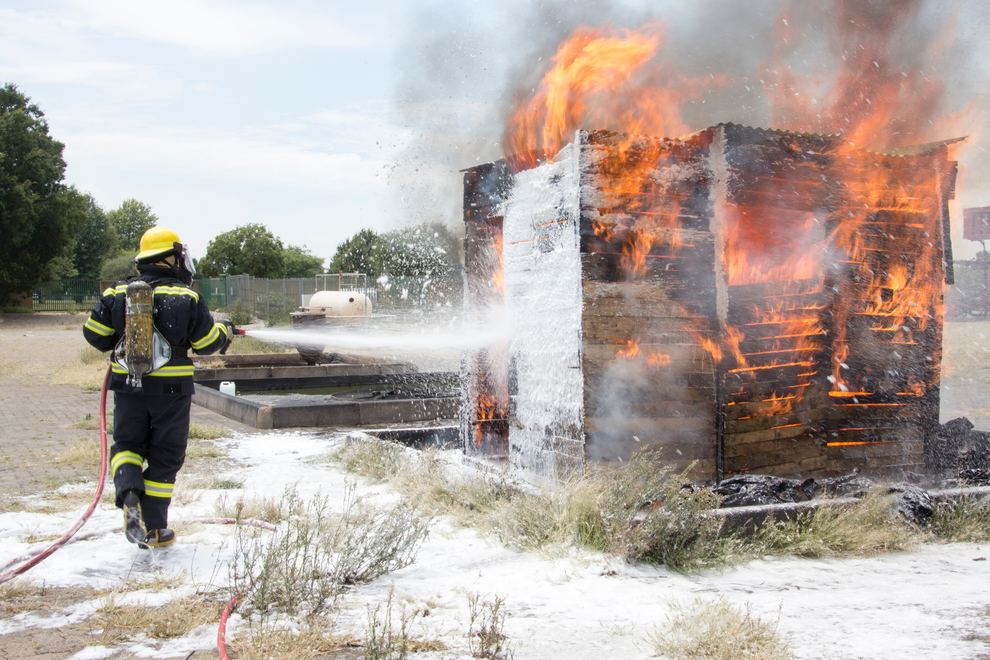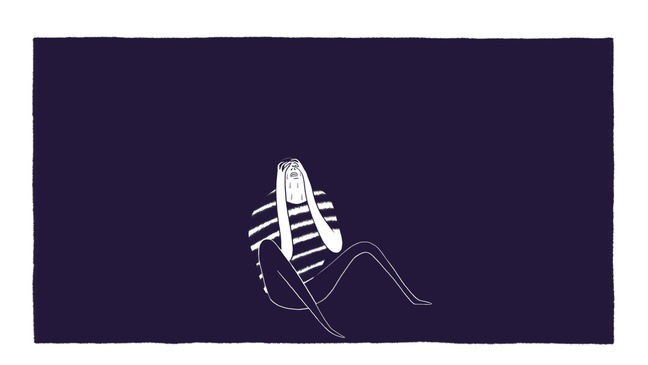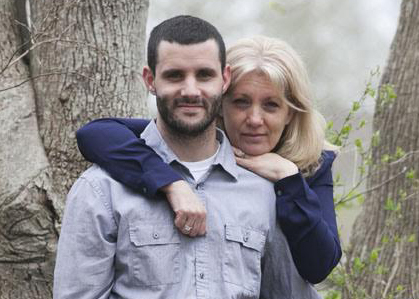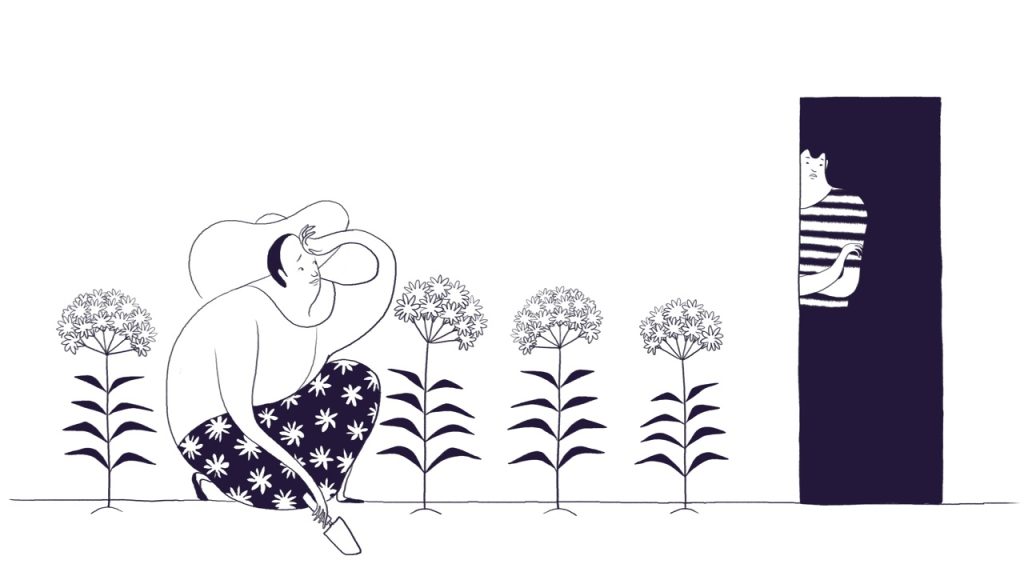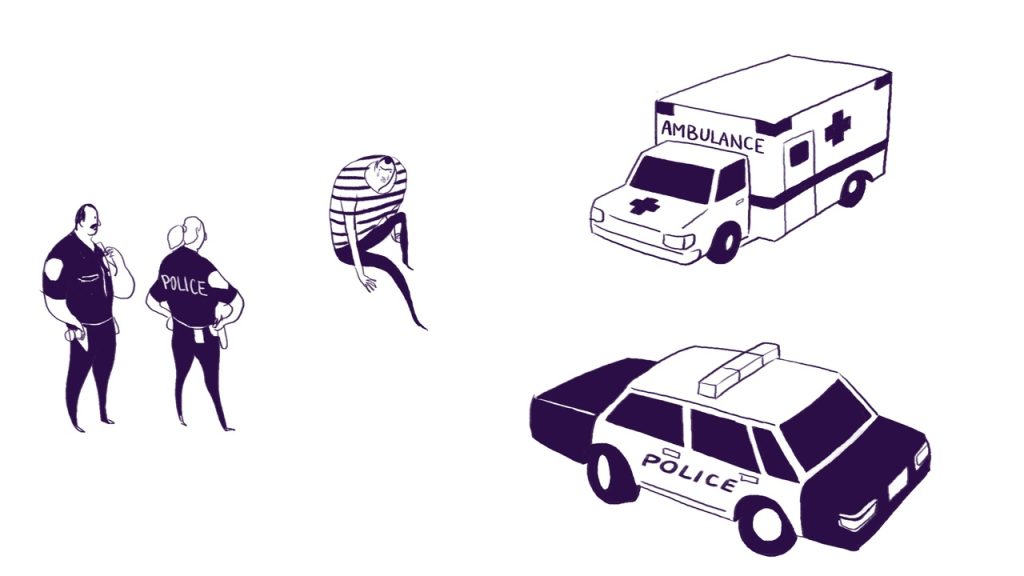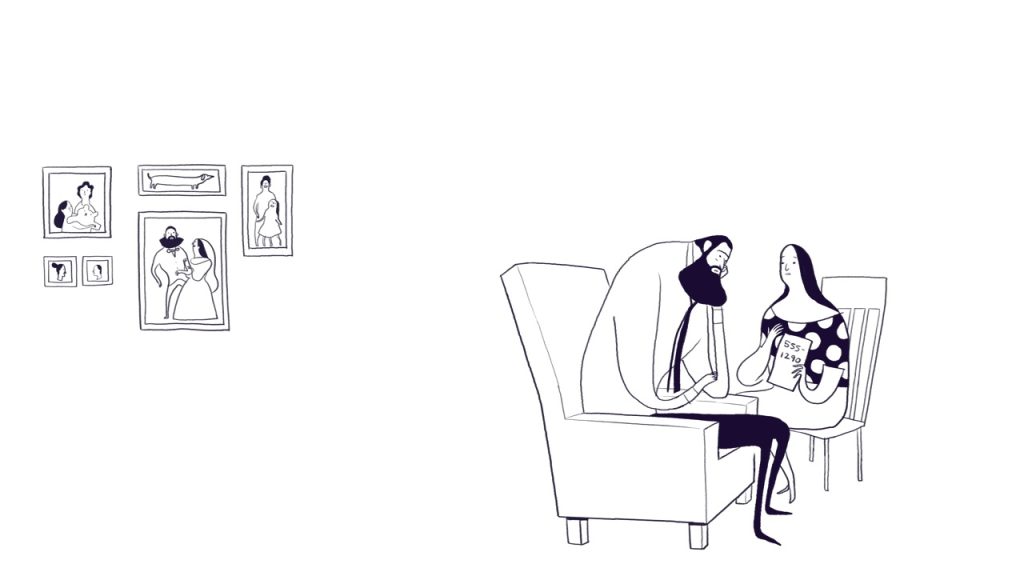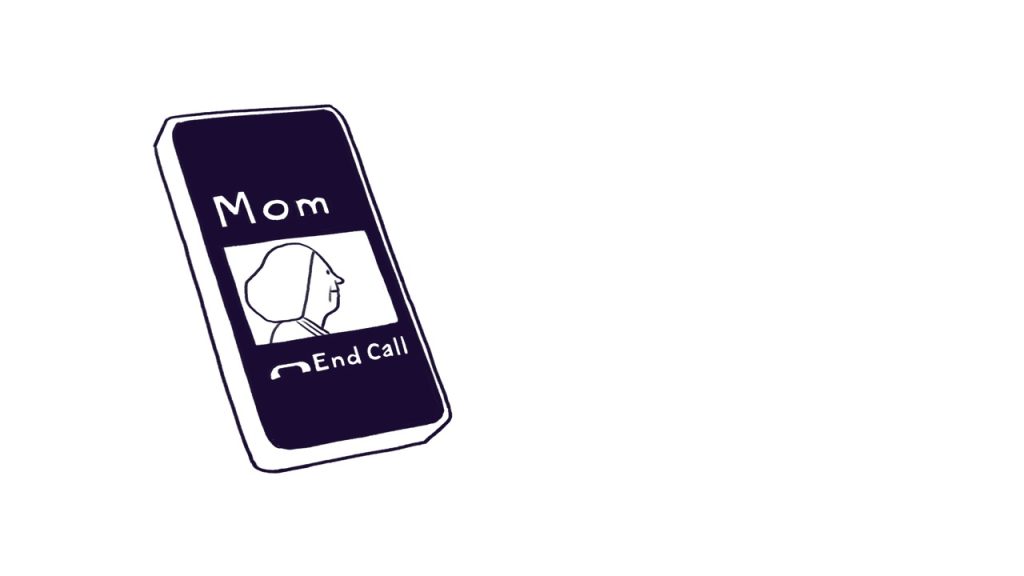Is Drug Court Considered Treatment?

Our Allies in Recovery member has seen her adult daughter responding beautifully to a drug court team and is allowing herself to feel hopeful about some real change. She wonders, is mandated drug court enough, and can it be considered treatment?
This question originally appeared on the Allies in Recovery Member Discussion Blog, where experts respond to members’ real-life questions and concerns.
“Hello. First, I would like to say thank you for this wonderful resource. Your site has been a great help and comfort to me already.
My question is this: Is drug court considered treatment? My daughter is 34 years old and has been using illegal opioids for the past 12-13 years. She is currently on probation for the third time, having already served time in prison for drug-related crimes. She was recently sentenced to drug court for the first time and, from what I understand, will meet regularly with her counselor, probation officer, public defender and the judge. I’m hopeful that this team will be able to help her make some positive changes.
My daughter has been very co-operative and, dare I say, even enthusiastic about some of the opportunities this program offers.
I’m not sure whether I should still try to encourage her to get into a residential treatment program or just be content that she’s responding well to drug court.”
It sounds like your daughter has a renewed sense of determination to work on her substance use. That she is focused, and seems to have a positive attitude towards any programs or requirements that the courts expect her to fulfill, is very encouraging.
Consider adopting this stance:
I would encourage you to 1) continue providing support for any/all of her attempts at compliance, while at the same time 2) give her some space to still struggle and learn what is going to work for her. This can help direct her and help her acquire a strong foundation in her recovery.
Is drug court considered treatment?
To answer your question, “Is drug court treatment?” – no, it does not replace actual treatment. But drug court can provide invaluable encouragement, incentives, and motivation to support her towards a better life path. It provides her a structure where she has to meet with counselors, her probation officer, the public defender, and the judge — which can help keep her accountable and to more carefully consider immediate and future decisions.
If the courts are giving her incentives to work towards, that will be rewarding to her in the end — it’s just more motivation for her to improve her situation. It’s important, though, for everyone involved to allow her the space to struggle through. This recovery stuff is hard, and people are not perfect!
Stay on the lookout for “wishes” and “dips” — an incredible CRAFT* tool
One thing you could do is to practice being alert to certain things she may say; we call it “watching with an observant eye.” It’s not easy but you begin to neutrally observe her and listen for any “wishes” or “dips” that she may express.
If you are in need of a refresher on wishes and dips, our Module 8 can help:
Now (while she’s got some momentum of her own) is the time to be on the lookout for any hints that she may be open to or need a higher level of care. That would be a moment to suggest residential treatment or an intensive outpatient program.
Research a few options for her and, when you identify an opening, suggest she give it some thought. This might sound like:
Daughter: “I’m really struggling with depression. I wish I could get beyond this and do something with my life.”
Mom: “This sounds like it’s a very difficult thing to go through. I really appreciate you sharing this with me. Would it be okay if I shared a few of my thoughts with you?”
Daughter: “I guess.”
Mom: “Well, there is always residential treatment. That might give you a chance to take a break, finding a way to balance out your feelings. You could also consider an outpatient program. I’ve heard there are different types of programs and options, and this could get you connected to others who understand your situation.
What do you think? Would either of these options work for you?”
Daughter: “I don’t know. I’ll have to think about it.”
Mom: “Sounds good. If you need anything or want to try any of these, let me know. I love you and want to support your efforts. I’ve written down the names of a few places that take our insurance. Here’s the list.”
Also, if there’s a stumble on her part, let her know that the judge typically will give her another chance if she does attend a higher level of treatment. Her lawyer should be able to advise her on this. But this is something you could mention to her, so that she could discuss it further with the public defender.
I hope this is helpful and I am so happy to hear that your daughter has shown the desire to move in a positive direction. Many times, that itself is half the battle. I wish you luck and hope you’ll stay in touch. Please reach out with any questions we might help with and keep us updated on progress.
* * * * * * * * * * *
Join us today. If you want to see more of what we are about, check out more of our free public blogs, and check out our overwhelmingly positive reviews – we’ve helped thousands of family members just like you. Like us on Facebook to see our regular public blog and podcast posts.
*The CRAFT method was first developed by Robert J. Myers, PhD. Focusing on how family members can learn about addiction and be trained to use specific communication techniques with the addicted person, CRAFT is the most effective way to help get your loved one into recovery, as shown by numerous studies.
According to one study, 74% of those with addiction will enter recovery when CRAFT is practiced by family members and others around them. Lee K. An underappreciated intervention. Monitor on Psychology. 2017;48(11). Another published study compares CRAFT to Al-Anon or Nar-Anon and found that 67% will enter recovery when CRAFT is used, compared to just 29% with the other approaches. Miller WR, Meyers RJ, Tonigan JS. Engaging the unmotivated in treatment for alcohol problems: a comparison of three strategies for intervention through family members. J Consult Clin Psychol. 1999;67(5):688-697.
Allies in Recovery provides support and guidance on how to identify and cope with the flood of emotions you are feeling. The CRAFT method teaches you the strategies and skills to engage your loved one on a path of recovery. At Allies we provide you with information critical to understanding your loved one’s alcohol/drug addiction, and train you in the important role you can play in guiding them to recovery.
A membership at Allies in Recovery.net brings you into contact with experts in CRAFT and the field of recovery and treatment for substance use. Our unique, award-winning learning platform introduces you to CRAFT and guides you through the latest in evidence-based techniques for unblocking the situation. Together we will move your loved one towards recovery.
To become a member of the Allies in Recovery.net virtual eLearning program, click here.

